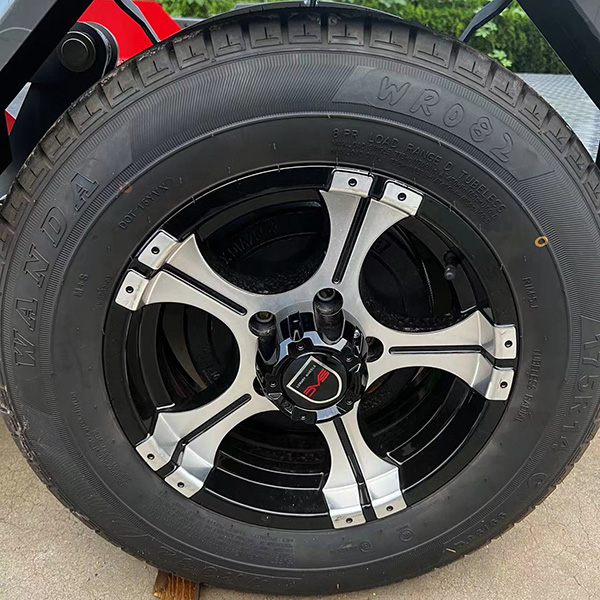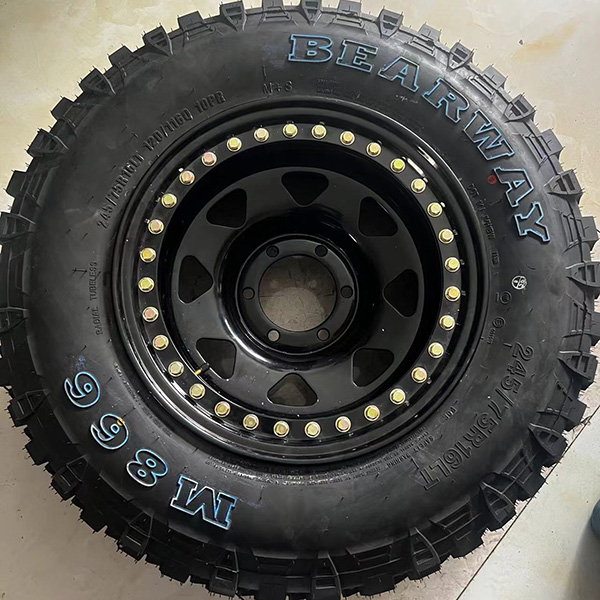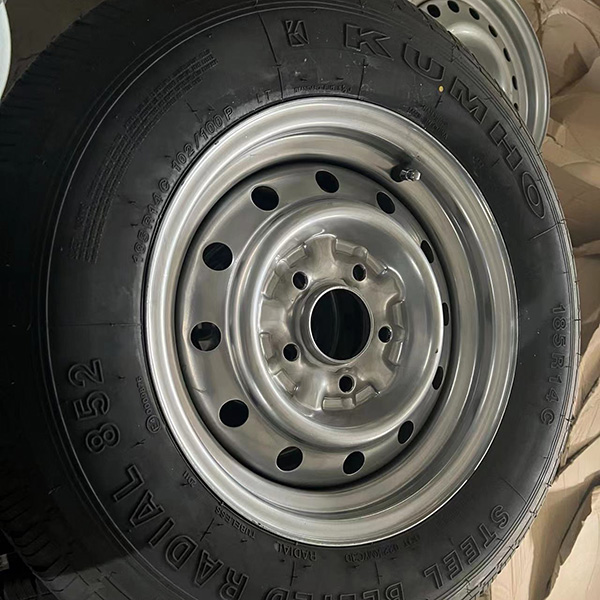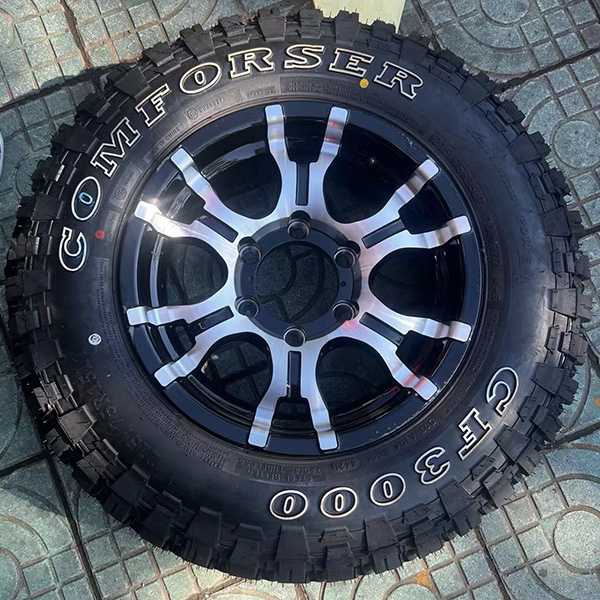
Why Tire Safety Inspections Matter
Tires are the only point of contact between a vehicle and the road. Regular safety inspections ensure passenger cars maintain proper traction, stability, and braking efficiency. Neglecting tire checks can lead to uneven wear, blowouts, and increased accident risks, especially during long-distance travel or adverse weather conditions.


Key Elements of a Tire Safety Inspection
· Tread Depth – Adequate tread depth ensures grip on wet and slippery roads. Tires should be replaced when tread falls below 1.6 mm.
· Tire Pressure – Underinflated or overinflated tires reduce handling performance and fuel efficiency. Regular pressure checks maintain optimal balance.
· Sidewall Condition – Cracks, bulges, or cuts in the sidewall are warning signs of potential failure.
· Alignment and Balance – Misalignment causes uneven wear and vibration, reducing tire lifespan.
· Valve Condition – Damaged or leaking valves can lead to slow pressure loss and safety risks.
Recommended Inspection Frequency
· Monthly Checks: Inspect tire pressure and tread depth.
· Pre-Trip Inspections: Essential before long drives or heavy load journeys.
· Seasonal Checks: Switch to winter or all-season tires depending on climate conditions.
· After Impact: Inspect tires immediately after hitting potholes, curbs, or debris.
Benefits of Regular Tire Maintenance
· Enhanced Safety – Reduces the risk of blowouts and accidents.
· Better Fuel Efficiency – Properly inflated tires lower rolling resistance.
· Extended Tire Lifespan – Regular checks prevent premature wear.
· Improved Driving Comfort – Balanced and aligned tires ensure smoother rides.


Choosing Quality Passenger Car Tires
When replacing worn tires, selecting high-quality options is crucial. Importers and distributors should prioritize:
· Certified Manufacturers: Compliance with global standards such as DOT, ECE, or ISO.
· Durability and Warranty: Tires backed by performance guarantees offer greater value.
· Market-Specific Designs: Selecting tires suited for regional road and climate conditions.
· Competitive Pricing: Balance between affordability and long-term safety performance.
Conclusion
Passenger car tire safety inspections are a critical part of vehicle maintenance. By checking tread depth, pressure, and overall condition regularly, drivers can ensure maximum safety and efficiency. For distributors and importers, sourcing from reliable manufacturers ensures consistent product quality and customer satisfaction.
Meta Description:
Learn the importance of passenger car tire safety inspections. Discover key inspection steps, maintenance tips, and buying advice to improve safety, performance, and durability.





